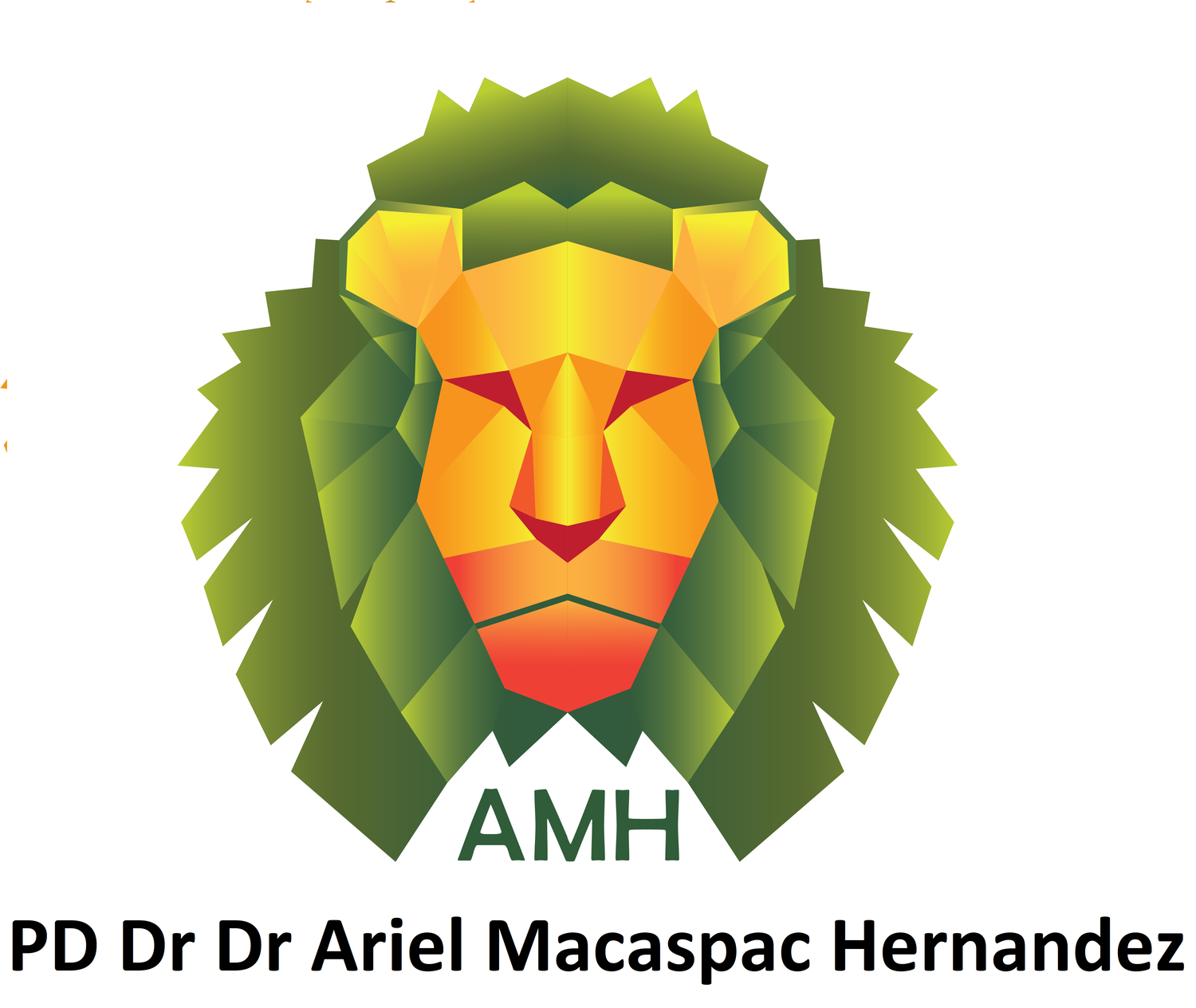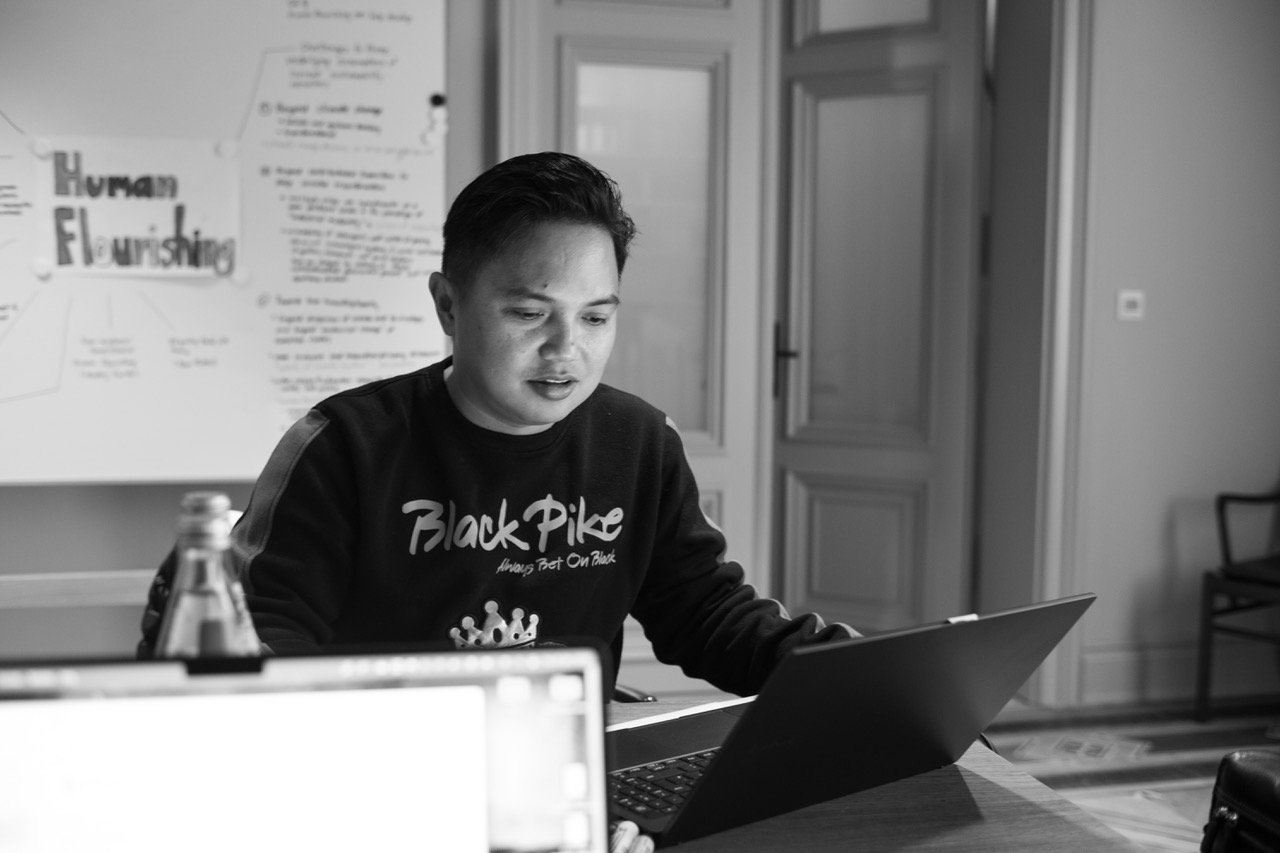What is this “homo curans” project all about?
First, it aims to put faces to the numbers. In scientific research, we are very often so focused on numbers and statistics, that we neglect the value of experiences and life stories. While there is, of course, scientific validity in using numbers and statistics (e.g., objectivity), there is more to discover if we just listen to experiences of struggle, vulnerability, inequality, loss and damage, and also stories of endurance, resilience, solidarity and aspiration. By looking beyond numbers and statistics, we might encounter not only the “alternative realities” that are experienced by individuals and communities, but also ideas on how to fix some of the problems in our current realities.
Second, it aims to reflect on what valid knowledge is and how it can be generated. To date, excellent (scientific) knowledge is deemed to be objective, reliable, internally and externally valid. Many argue that knowledge also needs to be ethical and of societal value. Homo curans argues that there is more. Knowledge also needs to start with (life) experiences of individuals and communities. Scientific questions are often formulated from the perspective of dominant structures, for example in the dominant use of English or Western standards on what constitutes quality research and consensual knowledge. Homo curans explores the potential value of new forms of knowledge inquiry such as self-inscription, biography and stories, first to ask the right questions, and second to reimagine a space free of existing dominant structures and path dependencies in knowledge creation.
Third, homo curans intends to connect self-care with care for the others (societal care), care for nature and care for the planet. There is a clear difference between egotistic or narcissistic behaviour and self-care. An egotist promotes favourable views of themselves regardless of others; a narcissist with limited empathy sees him or herself as the sole source of obligations, truth, law and justice. Self-care on the other hand is empathic and relational. Homo curans holds that the main intention and expression of caring for oneself is care for the others, nature and the planet.
What came out of this fellowship?
The nine-month long TNI fellowship allowed me to explore new ideas. During the fellowship, the following outputs were achieved:
1) The first draft of manuscript of my autobiographical novel “Homecoming” (200 pages) was written and underwent peer reviews. The revision is currently being drafted. A search for the appropriate publisher is ongoing.
2) Expanding upon these biographical reflections, I conducted a literature review on care (focusing on the linkage between self-care and care for the others, nature and the planet). The result is a book chapter titled: “Reclaiming Care - Homo Curans as Vision for Human Flourishing and Sustainability Transformation” submitted to the edited volume “Flourishing” (Andrej Zwitter, editor).
The same paper introduces a future scenario for a “caring” sustainable development pathway, focusing on the concept of “caring economics” that connects sustainable development, climate protection and care.
3) The fellowship also offered the head space to strengthen my academic profile through the following publications:
Hughes, I., Hernandez, A.M., Glynn, J., Hynes, W., and Gallachóir, B. (2024) Conceptualising global cultural transformation—developing deep institutional scenarios for whole of society change, Environmental Research Letters, 19 (9), 094050, http://dx.doi.org/10.1088/1748-9326/ad6d7f
Axel Marx, Charline Depoorter, Santiago Fernandez de Cordoba, et al. (2024) Global Governance through Voluntary Sustainability Standards: Developments, Trends and Challenges. Global Policy Journal, https://doi.org/10.1111/1758-5899.13401
Thorstensen, V., Hernandez, A. M., Corrêa, R, O., Brito, D. T., Arima Junior, M. K., Rebouças Mota, C., Megale, T. M., Zuchieri, A. M., & Thomazella, F. J. (2024). Voluntary Sustainability Standards (VSS) and the “greening” of high-emitting industry sectors in Brazil: Mapping the sustainability efforts of the private sector (IDOS Discussion Paper 1.2024). Bonn: German Institute of Development and Sustainability (IDOS). https://doi.org/10.23661/idp1.2024
SHIFT (2024) Harnessing the Power of Social Sciences and Humanities to Address Climate Change, Social Sciences and Humanities for Transformation and Climate Resilience, COST European Cooperation in Science & Technology
Rafliana, I. & Hernandez, A.M. (2024) Who owns the outcomes of transnational science and technology cooperation? Reflections from the German-Indonesian cooperation on tsunami warning system, in: Sven Grimm / Stephan Klingebiel (eds.), Transnational cooperation – an explorative collection, Bonn: German Institute of Development and Sustainability, 52-56, https://doi.org/10.23661/idp4.2024
4) Two workshops were convened to bring together stakeholders and academic scholars to address issues related to human flourishing:
Religions in Transformation to Sustainability – the Role of the Sacred in Human Flourishing, 12-13 June 2024
Beyond Gender Equality in Human Flourishing, 6-7 November 2023








